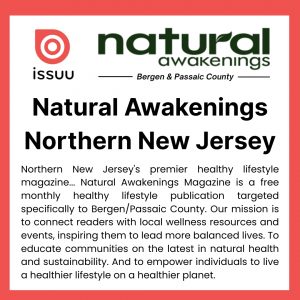Frugal Wellness: Healthy Living on a Tight Budget
Living healthy on a tight budget may seem like a daunting task, but by setting up a self-care plan, prioritizing and shopping smart, the barriers can seem not quite so tall. With so many people unemployed or under-employed during the COVID-19 pandemic, the need for workable options is more important than ever.
A sports and nutrition company, My Protein, did a study that shows the average American spends $155 per month on health and fitness. That’s $112,000 over a lifetime. There are, however, strategies that can lower these costs.
Jen Smith, a financial writer and co-host of the podcast Frugal Friends, often talks about ways to spend less, save money and be in control of our spending. “You may spend more up front or more on the things you really care about, but cutting out the waste or things that are not so necessary can be a huge cost savings. This is not just for a penny-pinching, stay-at-home mom. Being frugal doesn’t mean you are a cheapskate, but being wise with the limited resources that you have.”
Smith says she had a pricey membership to a cross-fit gym, but in the long run, staying in shape can greatly reduce the costs of health care and prescriptions. “Any way you can stay active is what you need to do. Spending money in any way that gets you to commit to and consistently move your body is the answer.” Focus on eating good food and moving your body, Smith says. “When emphasis is placed more on that and on self-care, you save more money.”
The National Institute on Aging recommends several ways to eat healthy on a budget: use coupons, consider purchasing store brands, know that convenience costs more, focus on priority foods, buy store-brand organics and forgo fresh for frozen organics. Sotiria Everett, a clinical assistant professor in the Department of Family, Population & Preventive Medicine at the Stony Brook Renaissance School of Medicine, in New York, agrees. “One thing to consider is seasonality. If out of season and organic, that will increase the cost. If you want clean living and healthy eating for the planet, that doesn’t make sense either, because of the cost of fuel and the pollution involved.”
Everett recommends frequenting farmers’ markets because they offer seasonal, fresh, local, organic produce that is easier on the wallet and better for health. Her favorite tip is, “Learn how to plant foods. You don’t need a lot of space, but do need sun and water access. You can keep it organic. A couple of seeds can give you a whole season’s worth of produce.”

























